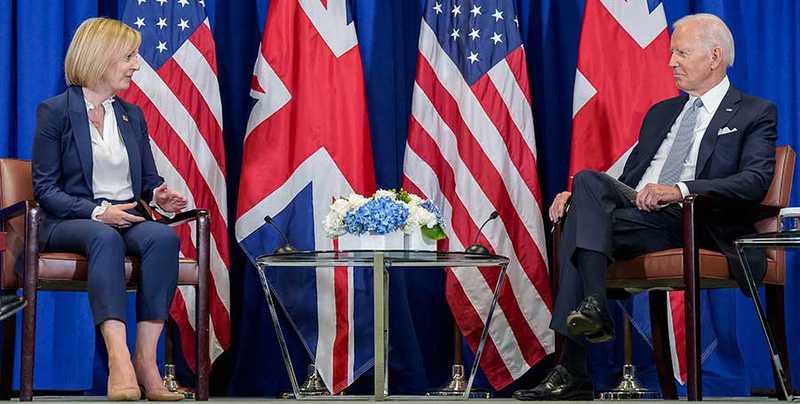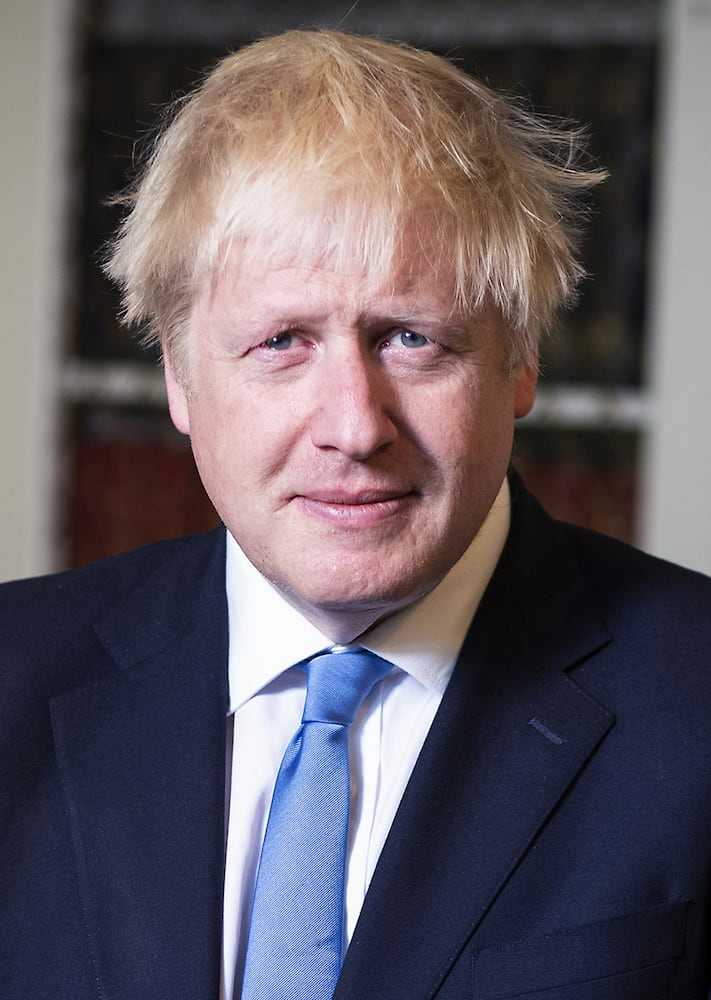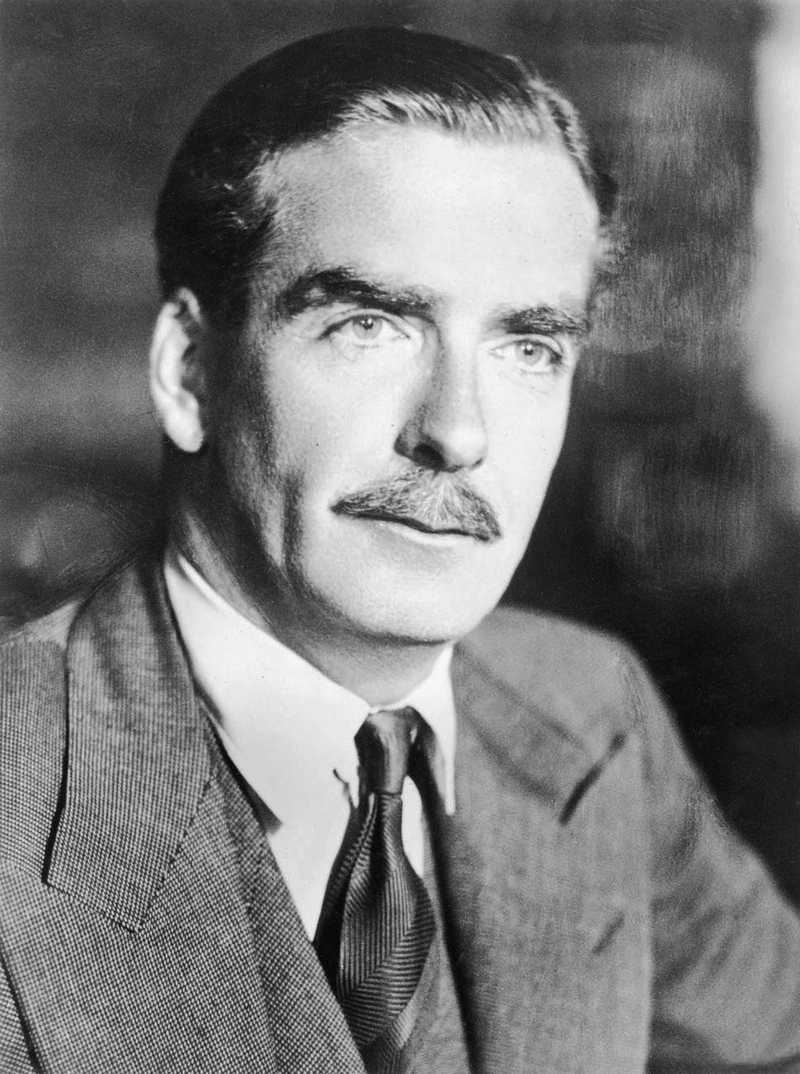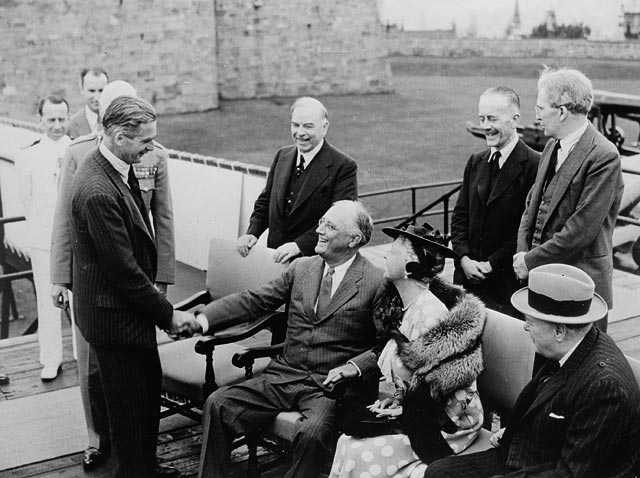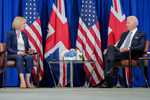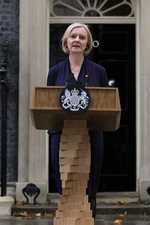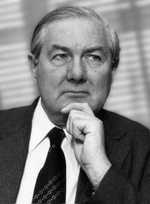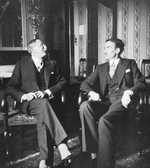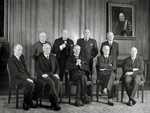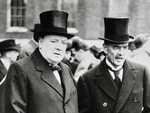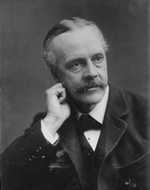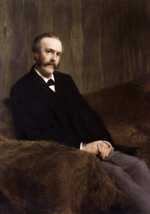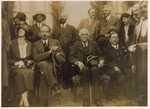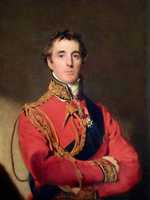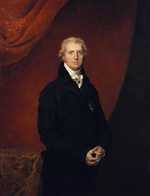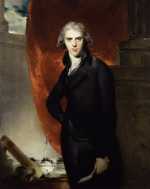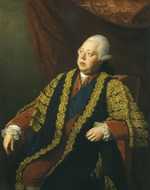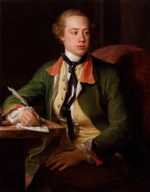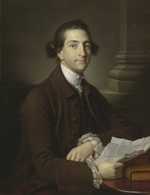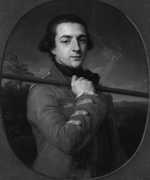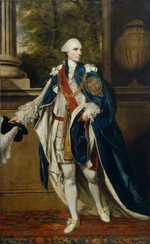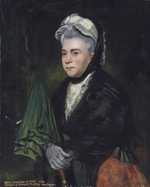1. Liz Truss (Sept-Oct 2022)
Liz Truss' 45-day tenure as PM must go down as the most disastrous ever.
Truss was elected by the Conservative party membership on a ticket which promised tax cuts and an end to austerity. What's not to like?
The only fly in the ointment was that this was fantasy economics. Problems started as soon as Truss' new chancellor, Kwasi Kwarteng, announced a string of expensive tax cuts and spending promises on 23 September 2022. The markets reacted terribly: the pound fell to an all-time low against the dollar, government borrowing rates surged, and the Bank of England was forced into an emergency program of buying government bonds.
Truss forced Kwarteng to row back on the deeply unpopular income tax cut for top earners, but this was not enough. In an effort to save her skin, she dismissed Kwarteng and appointed Jeremy Hunt in his place. Hunt duly ripped up all of Truss' tax cuts.
Interesting fact...
Truss was an odd choice for a Tory leader. She had previously been a liberal democrat and spoken in favour of abolishing the monarchy and legalising cannabis. She had also given a bizarre speech at the 2014 tory conference where she said:
"We import 2/3rds of our cheese. That. Is. A. Disgrace."
Truss' fate was almost settled. But a night of comic absurdity in the House of Commons on 19 October 2022 sealed her legacy. Tory MPs angry at Truss were forced - some physically - to vote for the government on a fracking issue. The Chief Whip and her deputy resigned, only to be persuaded to carry on overnight.
And all this came in the wake of the home secretary, Suella Braverman, resigning and publishing a blistering resignation letter urging politicians to do the right thing when they make mistakes.
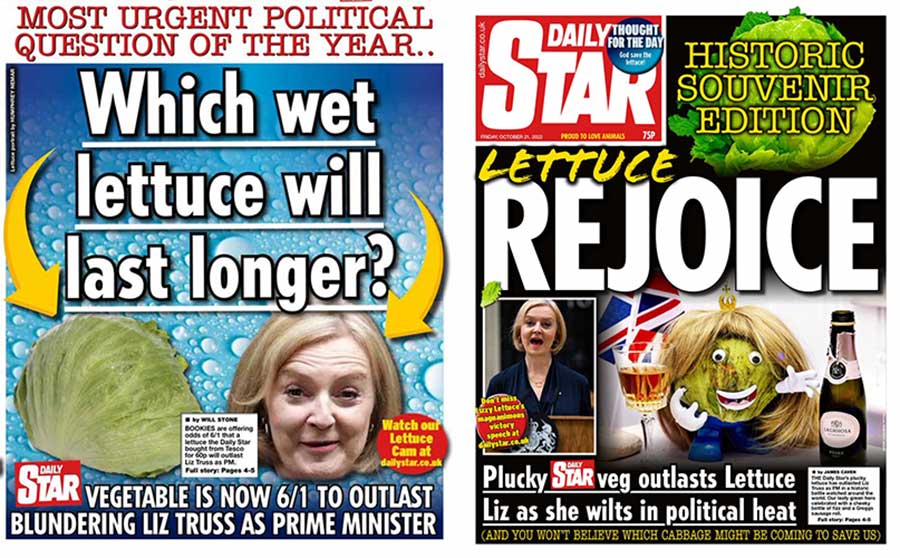
So Truss goes down as the shortest ever serving PM, and will be a topic of ridicule and pub-quiz questions for decades to come. It is tempting to feel sorry for her, but this writer cannot: her Truss-o-nomics meant that already high mortgage rates went even higher, adding to the cost of living crisis faced by millions in the aftermath of Covid, Brexit and the Russian invasion of Ukraine.
2. Boris Johnson (2019-2022)
Well, I guess we had to get to him sooner or later. We chose sooner.
Maybe history will be kinder as time goes by, but at this moment in time, it would be a fair bet to say this recent incumbent at 10 Downing Street would top most polls for worst Prime Minister.
His policy decisions are open to debate as they should be, and some will like what he achieved, and others will not. However, what is not up for debate is that Johnson had a scandal ridden tenure at Number 10, with the issue of Partygate and the appointment of Chris Pincher the final nails in the coffin.
Partygate
At its most basic, people couldn't forgive a Prime Minister who introduced Covid legislation which meant that they couldn't visit dying relatives, but who proceeded to attend (or turn a blind eye) to party after party in Downing Street. When he received a fixed penalty notice for his attendance at one party, Johnson became the first PM to have been found to have committed a criminal offence in office.
Other scandals
Other scandals included:
- Johnson's false claim in the run-up to the Brexit referendum that the UK sent the EU £350 million a week,
- Johnson backing a string of scandal-hit ministers and advisers (including Dominic Cummings, Owen Paterson and Priti Patel),
- breaches of donation rules over the redecoration of the Downing Street flat,
- the suspension of Parliament over Brexit (ultimately ruled to be unlawful by the Supreme Court) and accusations that Johnson even misled the Queen over this affair, and
- an under-pressure Johnson falsely accusing Labour leader Kier Starmer of being responsible for the failure to prosecute sex-offender Jimmy Saville.
The fact that two of Johnson's ethics advisers, Sir Alex Allen and Lord Geidt, had to resign speaks for itself.
Johnson's demise as PM
Ultimately for the public, standards matter in high office. His party knew Johnson was a very flawed politician with a worrying lack of interest in the finer details. However, he won elections. As soon as he became an election liability instead his MPs did not like him so much. The by-elections in Wakefield and Tiverton were the public nudge that increasingly concerned Conservative MPs needed.
Once your own MPs instigate a no confidence vote your days are numbered. Accusations of lies, a lack of integrity and other such unflattering labels are difficult to ignore and move on from.
Johnson resigns as an MP
The most recent chapter in the Johnson biography concerns a report by the House of Commons Privileges Committee. Released on 15 June 2023, the report of the seven-member, tory-majority committee was excoriating. Johnson was found to have deliberately misled the House of Commons on five occasions was was
"deliberately disingenuous when he tried to reinterpret his statements to the house to avoid their plain meaning and reframe the clear impression that he intended to give ...."
Johnson resigned as an MP before the House of Commons voted on the Committee's recommendation that he be suspended for 90 days.
3. James Callaghan (1976-79)
Of the ten, this one may be the most divisive. James Callaghan was a likeable man and a very talented politician.
He held the four most senior positions in government (PM, Chancellor, Foreign Secretary, Home Secretary*), becoming Prime Minister in April 1976.
Yet it is the Winter of Discontent, still often referenced today, with which his time in office is most associated.
Callaghan became Prime Minister following the resignation of Harold Wilson. He inherited a country in a poor economic condition, one which had seen inflation around the 26% mark in 1975.
Britain had arranged a £4 billion loan from the IMF to help steady the ship. In return the country needed to make considerable savings in public expenditure.
By 1978, inflation had been halved but a cap on wage increases was kept in place. Strikes for better pay terms in various industries resulted in widespread disruption around the country. The general public was unforgiving and voted in the Conservative leader, Margaret Thatcher, in the general election held in May 1979.
In an interview later in his life, Callaghan said he would not be the slightest bit surprised if he was considered the worst Prime Minister since Robert Walpole (the first PM, who does not make our list!).
He believed he should have been more sensitive to the issues and taken more initiative, but he also thought the leadership of the unions during the disputes was weak. It would be 18 years before a Labour Prime Minister (Tony Blair) entered Downing Street again.
* Known as the Four Great Offices of State
4. Anthony Eden (1955-57)
Anthony Eden succeeded Winston Churchill in 1955, but his reputation was irreparably tarnished by the Suez Canal crisis of 1956.
Eden had plenty of experience in foreign affairs as foreign secretary. He was always the acknowledged successor to Churchill within the Conservative party, but when the time of crisis came he seriously overplayed his hand.
The crisis stemmed from Egypt's nationalisation of the Suez Canal. Eden responded by secretly plotting with Israel and France to take the canal back. Israel made the first military move, soon to be joined by French and British troops. It was a huge miscalculation. Not only did a number of his cabinet not agree with the action, the US was vehemently opposed too.
The British public was not keen either. The fear was the return of world war just 11 years on from the second world war ending. This one could go nuclear too.
When the US threatened economic sanctions, Britain declared a ceasefire. Anthony Eden had managed to illustrate Britain was no longer a world power that could affect global affairs without outside assistance.
Eden’s reputation plummeted further when the full story of how Britain, France and Israel had planned the invasion in advance came to light. Eden was accused of misleading parliament.
At least back then this was an accusation a Prime Minister considered worthy of a resignation, which Eden duly tendered.
Eden was one of the shorter-serving PMs (43rd of 56), managing 1 year 279 days in office.
5. Neville Chamberlain (1937-40)
The name of Neville Chamberlain is forever tied with the dangers of appeasement.
In the third of a series of meetings with Hitler in September 1939, Chamberlain signed the Munich Agreement. Germany took control of the Sudeten region of Czechoslovakia. In what is seen as a naive misunderstanding of Hitler’s intentions, Chamberlain hoped negotiating with the dictator could preserve peace in Europe.
This one signature confined Chamberlain to being considered as one of the worst British Prime Ministers. A year later Britain was at war, and in May 1940 Chamberlain was replaced by Winston Churchill. However, Chamberlain’s was not the only signature on the Munich agreement, with the French Prime Minister one of the co-signatories.
It is also forgotten that Chamberlain’s signing of the Munich agreement was initially well-received by a lot of the British public. World War One was still fresh in the minds and nobody wanted a return to those days. His “peace for our times” agreement was also designed to allow an economically struggling Britain time to re-build its military force.
Neville Chamberlain was a serious politician, a conservative Prime Minister and a social reformer. He introduced policies including the Factories Act that bettered working conditions in factories. However, his trust that Hitler had no more territorial demands in Europe lands him on our list.
Chamberlain was in office for 2 years, 348 days (35th of 56 on the list of longest serving PMs).
6. Arthur Balfour (1902-5)
Arthur Balfour took office in 1902, a position he held for just over three years.
Balfour was not the easiest man to warm to for the average person in the street. He was aloof and not someone who thought too long and hard about the merits of social equality.
Balfour will always be known for the Balfour Declaration of 1917, offering public support for a national home for Jewish people in Palestine. However, he was Foreign Secretary at this point.
As Prime Minister, he had some notable successes, including the Education Act 1902 (which standardised and upgraded the school system, massively increasing the number of secondary schools). However, the public was growing restless through the latter stages of the Boer War and was unhappy with his introduction of Chinese labourers to South African mines.
Proposals for tariff reform were also not going down well, particularly in his own party. Ideas were being floated to favour imperial trade, which was a bit of a red rag to a bull for free trade conservatives. Balfour struggled to keep a lid on the debate within his party and offered his resignation.
The incoming Liberal government called an immediate general election. Balfour fought the election as leader of his party but suffered a damning landslide defeat. Balfour and his government’s drop in popularity saw the Liberals gain a 125-seat majority in Parliament.
To add to the embarrassment, Balfour lost his own seat.
7. Duke Of Wellington (1828-30, 1834)
Arthur Wellesley, Duke of Wellington, proved that a successful military man does not automatically make for a successful politician.
To be fair, the victor of The Battle of Waterloo was initially a reluctant Prime Minister, and King George IV perhaps should have taken note of this a little more. Still, he had two stints at the job, but was only in office for less than three years.
The Duke of Wellington was considered a very conservative Prime Minister. He was opposed to political reform, one of the primary reasons why many consider him Britain’s worst Prime Minister. When you are the head of an army you are not used to people answering back.
Interesting fact...
The Duke apparently called his first cabinet meeting an ‘extraordinary affair’, based on the fact he gave his orders and those around the table wanted to stay and discuss them!
This start did not bode well. Wellington was adamant that the elite should rule and would not allow any expansion of the political franchise. High rural unemployment added to the tensions in the country as riots followed.
Wellington resided at Apsley House, just off Hyde Park, a grander residence than Downing Street. However, his fierce stance on reform saw his windows smashed on a couple of occasions.
Yet, the Duke of Wellington had supported the Catholic emancipation acts, which gave near full civil rights to Catholics across the UK. It led to a dual between the Duke and an opponent of the emancipation act, the Earl of Winchilsea. Although neither man aimed to hit in the end, any Prime Minister that ends up in a dual should probably be considered for this list.
8. The Earl of Liverpool (1812-27)
Robert Banks Jenkinson, 2nd Earl of Liverpool, was another slightly reluctant Prime Minister, aware of the greater political astuteness of some of his contemporaries.
He became Prime Minister in 1812 following the assassination of Spencer Perceval, and contrary to most on this list, spent nearly 15 years in office. This makes him the third longest serving PM, behind Robert Walpole and William Pitt the Younger.
The Earl of Liverpool was an intelligent and experienced politician who had served as Foreign Secretary and War Secretary. He was Prime Minster at the time of Waterloo and saw the end of the Napoleonic Wars. However, he is largely remembered for being the Prime Minister at the time of the Peterloo Massacre.
Unemployment and economic difficulties as thousands of soldiers returned home combined with demands for more political representation. The Earl of Liverpool introduced repressive policies in an attempt to quell any unrest. In response, around 60,000 protesters gathered in Manchester. At least 15 people were killed, and hundreds injured, when the crowd was charged by assorted cavalry regiments
Peterloo was a dark day in British history and tarnished the Earl of Liverpool’s government and the repressive policies it pursued. Remarkably to the modern historian, Liverpool remained in office for another eight years.
9. Lord Frederick North (1770-82)
We head back to a time when the less democratic nature of government in Britain saw Prime Minsters hang around considerably longer than most do today.
Lord North came to office in 1770 and stayed put for over 12 years.
During Lord North’s tenure, Britain lost control of its 13 colonies in North America. However, he was a skilled parliamentarian and the fiscal reforms he introduced were initially popular. Yet he refused to reverse the Tea Act which gave rise to the protest we know as the Boston Tea Party.
Lord North responded by passing the Intolerable Acts, designed to stymie future protests in the colonies. By April 1775, the colonies had instead lost their tolerance for British rule. The American War of Independence was the result, a successful bid for self-governance.
Lord North took criticism for passing much of the decision-making process during the war to his ministers. When Lord Cornwallis surrendered his British forces at Yorktown in 1781, it was time for Lord North to make his exit from the Prime Minister’s office, something he had wished to do on many occasions prior yet was refused by King George III.
10. The Duke of Grafton (1768-70)
Augustus Henry Fitzroy, 3rd Duke of Grafton, was another Prime Minister whose time in office was clouded by the situation in North America.
But he is best remembered for his personal life.
The Duke of Grafton became Prime Minister in 1868 but was gone within his second year in office. Grafton liked life and liked a pleasurable life. Indeed, 18th-century scandal can make today’s scandals look a little tame in comparison. Here's why.
- The Duke was married and had three children. However, he also had very public extra marital affairs.
- One of these was with a courtesan called Nancy Parsons. When the Duke became Prime Minster she entertained his political guests, going totally against the norms of the times for discretion in such matters.
- So bad was the situation that, when the Duke’s wife became pregnant by her own lover, it seemed to take some of the flak and attention away from his own misdemeanours.
- The Duke of Grafton divorced and remarried while in office, the only Prime Minister to do so until Boris Johnson. However, it was not Nancy Parsons he married, but Elizabeth Wrottesley, with whom he had a further nine children.
Interesting fact...
On one occasion, so legend has it, Grafton took Nancy Parsons to the Opera, where they were caught in flagrante delicto (a polite way of saying 'having sex').
You can only imagine what the tabloid press would have made of this today!
Grafton was one of the shortest serving PMs, only managing 1 year 106 days in office (the tenth shortest tenure of the 56 PMs so far).
11. The Earl of Bute (1762-3)
The Earl of Bute lasted less than a year as Prime Minister. He owed his rise to the highest political office to being good mates with King George III!
Bute had been the king’s tutor and confidante when heir to the throne. But he had to manoeuvre the more experienced William Pitt the Elder out the way first.
The Earl of Bute was in fact John Stuart, a Scottish nobleman. He was the first Scot to be British Prime Minister, a fact which did not help his popularity among certain sections of the establishment. His influence with the king was another bone of contention.
The Earl of Bute was at the helm for the negotiations of a treaty to end the seven years war. In February 1763 he signed the Treaty of Paris, which proved unpopular with the British public. The Earl then compounded popular dissatisfaction by introducing a cider tax which led to rioting.
Popularity with the public was not helped by him being accused of having an affair with the Dowager Princess of Wales. Soon, high office was taking a considerable toll on the Earl. In and out of office he was hounded by mobs and attacked and vilified in pamphlets, songs and plays.
After 317 days the Earl of Bute resigned as Prime Minister, although he maintained an influence on his former student for a few years after.
